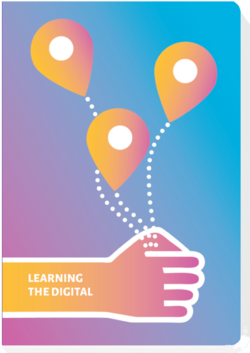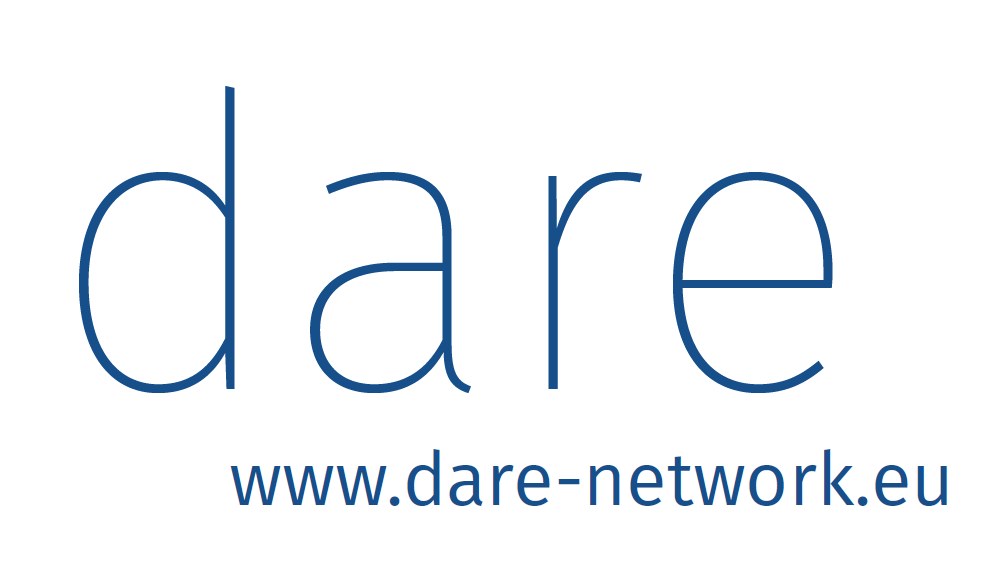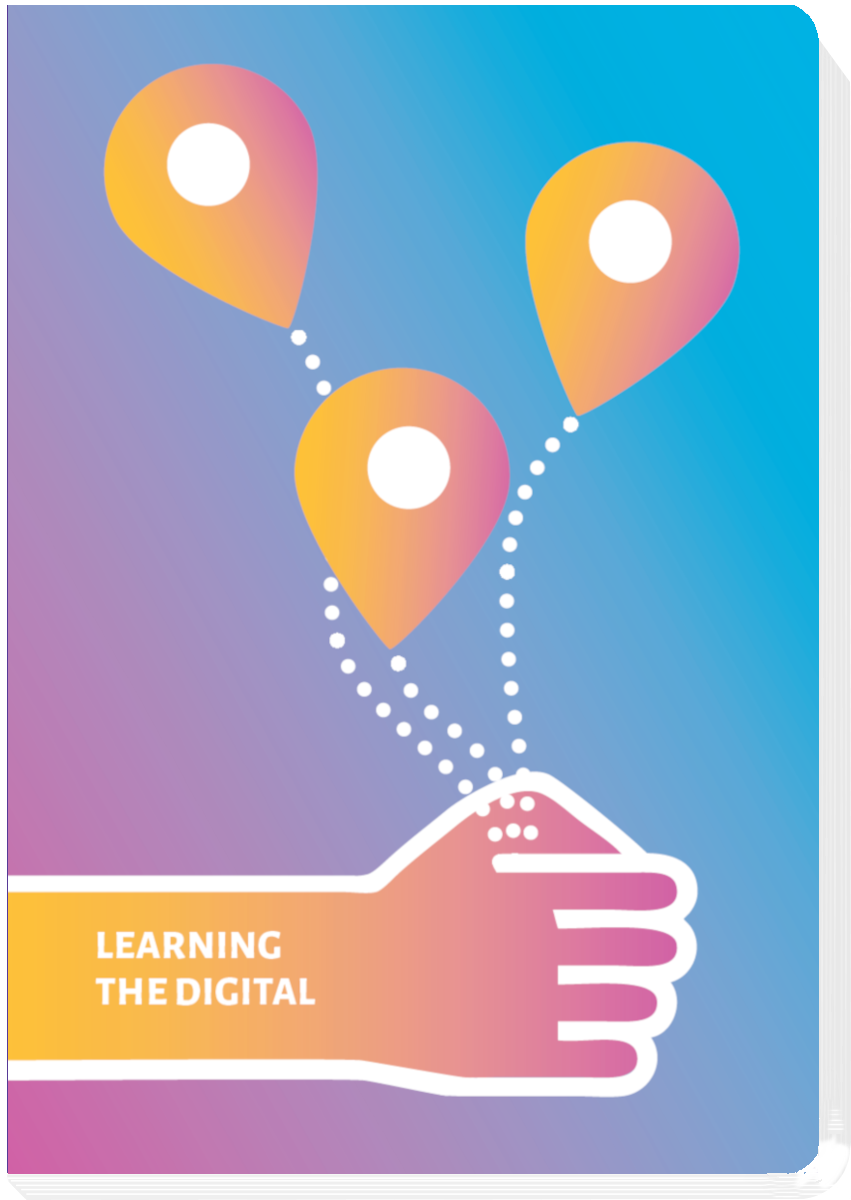Already in 1988, Shoshana Zuboff explored that the cultural shift instigated by ICT is not only to “automate” but what she called to “informate”:
Contents
Automatisation and informatisation
“On the one hand, the technology can be applied to automating operations according to a logic that hardly differs from that of the nineteenth century machine system – replace the human body with a technology that enables the same processes to be performed with more continuity and control. On the other, the same technology simultaneously generates information about the underlying productive and administrative processes through which an organization accomplishes its work.[...] In this way information technology supersedes the traditional logic of automation” (Zuboff, 1988, p. 9f.).
She described the basis of the digitalisation we are familiar with. Software and algorithmic processes use their capacity to gain insight and to generate value not only by automating processes but also from the processes themselves. “Datafication combines two processes: the transformation of human life into data through processes of quantification, and the generation of different kinds of value from data” (Mejias & Couldry, 2019).
The Dominant Model of Digitalisation
Today the generation of different value from data is often not the by-effect but the main intention or main mechanism underlying these services. It was again Zuboff (2018) who criticized a specific and, meanwhile, increasingly dominant techno-capitalist model of datafication which she calls “surveillance capitalism”, aiming to use datafication and “informating” for the extraction of personal data in order to develop models for behaviour prediction and control. She especially criticizes the large globally dominant platforms, offering services and apps that veil their intention to gain personal data for a (secondary?) monetisation.
- How has datafication taken place in your country and on your devices?
- Which data are you willing to share; which not?
- Are you limiting yourself in everyday life in order not to share your personal information?
Alternatives
However, there are also less privacy invasive models of datafication. If you use an image database for your photo collection or a music database for your audio collection, metadata in the picture or sound file helps you to organise the content. This data is not necessarily to be shared with others unless you use an online platform for organising the pictures and your music. The question is rather, if users own their metadata or if they have control over it.
- Which examples of less privacy invasive platforms and softwares do you know?
Legitimate and Illegitimate Purposes
Datafication can also have legitimate goals. For example, personal data might create a socially legitimate added value. Plagiarism software might detect semantic similarities between different texts. ICT might translate texts into other languages. The body temperature data of smart thermometers might give insight into pandemic progress. Traffic metadata might help cities to steer traffic. In this sense, it would be too short-sighted to condemn informatization. But the latter two examples show also, that datafication of personal data like mobility and health might easily affect the human rights of the data-giving persons like privacy, freedom of movement, and autonomy.
- What would be a legitimate value for collecting personal data of citizens?
- Should it be voluntary or mandatory? And for what purposes?
Big Data, algorithms, and artificial intelligence are concepts aiming to combine automation and information. The way these technologies are applied documents a specific data culture.
References
Mejias, U. A. & Couldry, N. (2019). Datafication. Internet Policy Review, 8(4). https://doi.org/10.14763/2019.4.1428
Zuboff, S. (1988). In the Age Of The Smart Machine: The Future Of Work And Power. New York, Basic Books.
Zuboff, S.(2018). The Age of Surveillance Capitalism. The Fight for a Human Future at the New Frontier of Power. Profile Books, London 2019.
Georg Pirker
Person responsible for international relations at the Association of German Educational Organizations (AdB), president of DARE network.
handbook for Facilitators: Learning the Digital
This text was published in: M. Oberosler (ed.), E. Rapetti (ed.), N. Zimmermann (ed.), G. Pirker, I. Carvalho, G. Briz, V. Vivona (2021/22). Learning the Digital. Competendo Handbook for Facilitators.
Created in the frame of the project DIGIT-AL - Digital Transformation Adult Learning for Active Citizenship.








